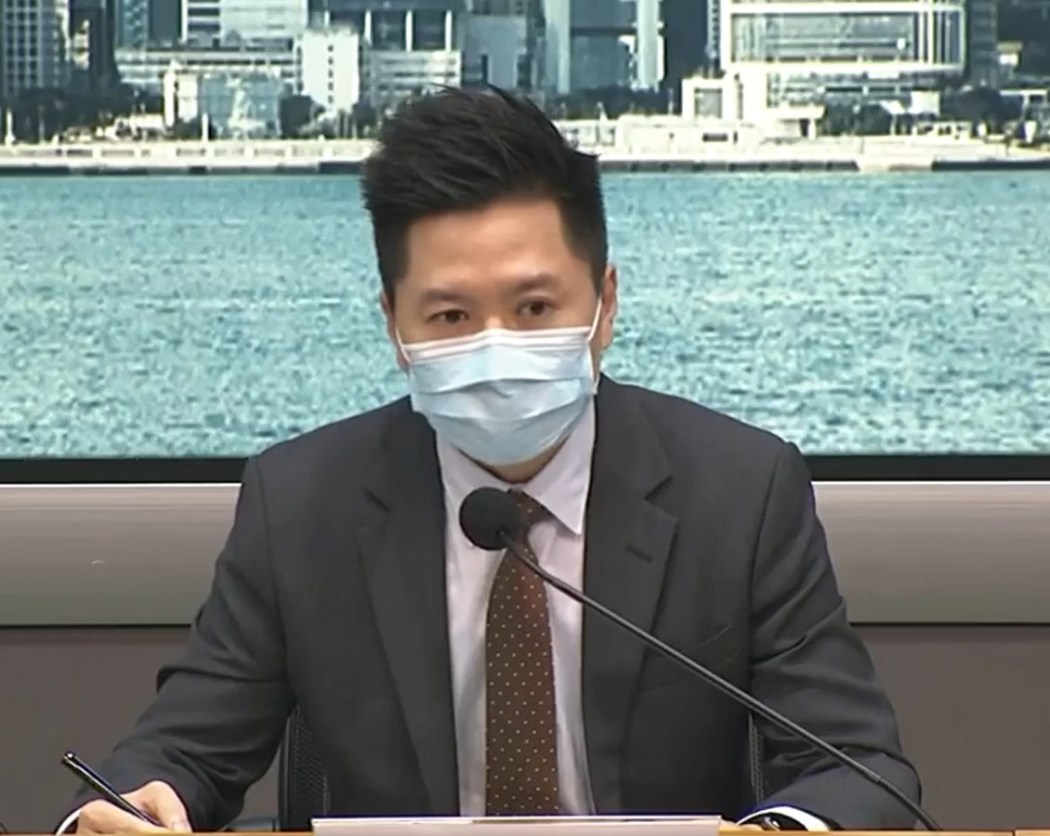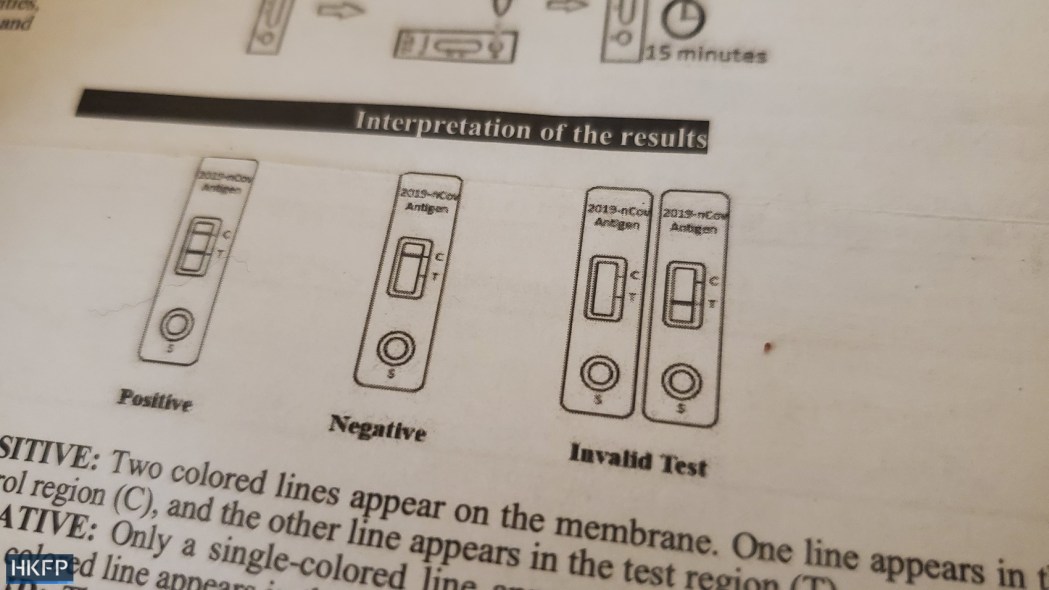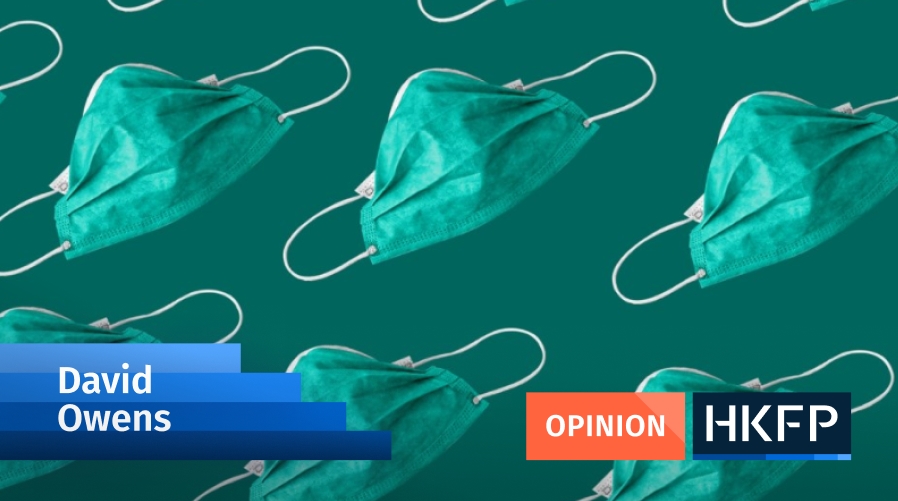The government’s website for Covid-19 patients to report their positive rapid antigen test results launched on Monday.

The portal from the Centre for Health Protection (CHP) requires the person reporting their infection to provide personal details, their family members’ details, symptoms, as well as information about their home environment so the government can prioritise those in need to be admitted to community isolation facilities.
After doing so, they will receive an SMS with a link through which they can upload a copy of their Hong Kong identity card and a picture of their rapid test cassette showing a positive result.
“Based on their details, the Centre for Health Protection (CHP) will follow up with the patients including directing support from the Hospital Authority, and arranging admission into the hospital or a community isolation facility,” Edwin Tsui, Controller of the CHP, said during Monday’s daily Covid-19 briefing.

Reports must be made the day of, or a day after, receiving a positive result. In other words, those who have tested positive via rapid test on Sunday or Monday can submit their report on Monday.
Retroactive reporting
Those who tested positive for Covid-19 via a rapid antigen test between February 26 and last Friday can retroactively report their infection to receive a belated government isolation order.
“If some time has already passed, we believe that the [patient]’s symptoms would already have stabilised, or have even recovered and gotten two negative test results,” Chiu said. “So the centre may not provide medical follow up, but we encourage people to actively report so that we can get a better picture of the local epidemic.”

The launch of the online system comes about a week and a half after the government said they would begin recognising results from rapid Covid-19 tests, and that authorities are building a platform through which people can self-report.
Hong Kong did not earlier accept results from rapid Covid-19 tests. But a growing fifth wave of infections, with daily cases in the tens of thousands, created “immense pressure” on nucleic acid test laboratories.

Authorities have acknowledged that results from rapid tests are less sensitive compared to PCR nucleic acid tests, which are more capable of picking up minor infections. “[But] they may identify infected persons with a higher viral load in a prompt and relatively accurate manner,” a February government press release read.
The city reported a dip in daily Covid-19 cases over the weekend, and 25,150 new infections on Monday – down from three consecutive days of some 50,000 cases last week. But authorities cautioned that looking at figures in isolation did not provide a full picture.
Support HKFP | Policies & Ethics | Error/typo? | Contact Us | Newsletter | Transparency & Annual Report | Apps
Help safeguard press freedom & keep HKFP free for all readers by supporting our team















